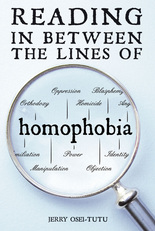
In particular, I'm curious what exactly it is about my alleged "lifestyle" as a queer woman, that is so upsetting to them...
Is it that we sometimes mix our colours and our whites when we do our laundry in a hurry? Is it that I shop at the wrong grocery store? Is it that I'm sometimes late picking my kids up from Saturday morning Language School?
Maybe it's that we watch independent movies rather than bathing ourselves in the hetero-normative, misogynist, materialistic Hollywood crap that seem to dominate the mainstream? Or perhaps it's that we volunteer with refugees and new immigrants? (Oh, wait, Jesus was a refugee, wasn't he?) Maybe it's that the families my partner, children and I attend the post-Pride picnic at the park with when on PEI in the summer are mostly comprised of two women or two men at the helm rather than one of each, or just one parent, period?
Quite possibly it's the fact that I am a vegetarian. That must be it! Refusing to eat creatures who have been raised in the most inhumane, torturous conditions imaginable, only to be slaughtered for human consumption... that must be what is so offensive to some that they feel compelled to comment on my lifestyle and raise it as a concern when considering updates to a 17-year-old curriculum that our government has FINALLY decided to haul into the 21 century so that we teachers can finally have some current, official documentation to support the work we so desperately need and valiantly try to do with the students in our classrooms who must navigate the ever-increasing mess that is our society today.
It is within this hypocritical context that our young people have to try and figure out who they are, and where they fit in.
And then they have to figure it all out without irreparably damaging their reputation online or in person.
This year alone, a student at my school was caught texting a photo of his penis to his "girlfriend", a group of students decided to allot one day a week to "ass-slapping", and another student sent naked pictures of herself to others students.
Teachers need to be comfortable addressing these issues in ways that name and invite authentic exploration of the problem without shaming those who are still learning to make good choices.
What's particularly troubling to me as a teacher is that without an updated health curriculum and clear guidelines about who can be exempt from what, we risk disenfranchising our most vulnerable youth.
When those teachers can collaborate with their non-LGBTQ colleagues to provide scientifically accurate information to their students in a safe, inviting learning environment that encourages respectful discussions of feeling, beliefs, disagreements and concerns, our students can begin to develop more healthy relationships with themselves, with their families and teachers, and with one another.
A narrow-minded, fear-filled view of sex education and issues of social justice will not facilitate these sorts of relationships, but will instead promote misunderstanding and hostility in our schools and in our societies. (I certainly know that my own openness and approachability have been affected by familial and school-based homophobia this year, and it has negatively affected my ability to teach both the academic curriculum and to provide a consistently safe and inclusive environment for ALL my students to my usual high personal standards.)
This scene played itself out four more times in my classroom with either a note or a student letting me know that s/he would not be attending school the following week. Each time I gently inquired further, the students' responses were nebulous at best. And each time, I encouraged these students to have a respectful conversation with their families, to find out why they were missing school, and to learn more about their parents' concerns and how their family would be addressing these sorts of things.
We live in a world where people define love in different ways, and where people have diverse interpretations of what's acceptable. As a society we've agreed that this diverse world is "okay", and therefore, I believe we have to support our schools in providing an understanding that either extends or invites the initiation of the foundation built at home.
That some of those teachers will be members of groups who practise lifestyles different from those practised by students' families can only enrich the conversation. Ultimately, surely, we all want what's best for our kids.
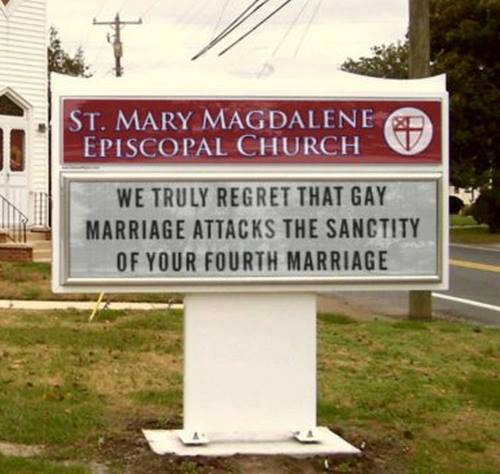
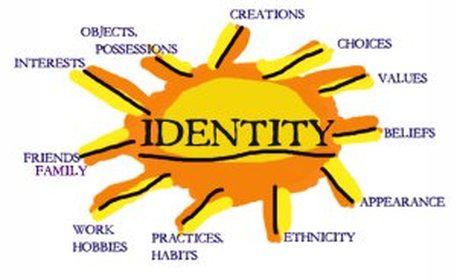
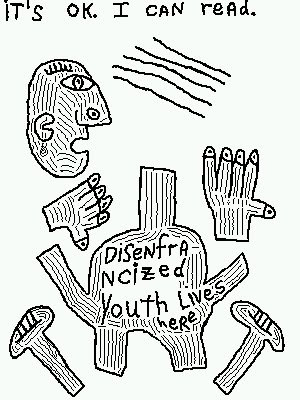
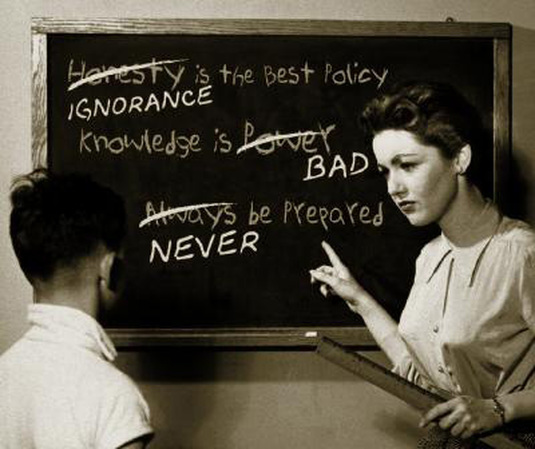




 RSS Feed
RSS Feed